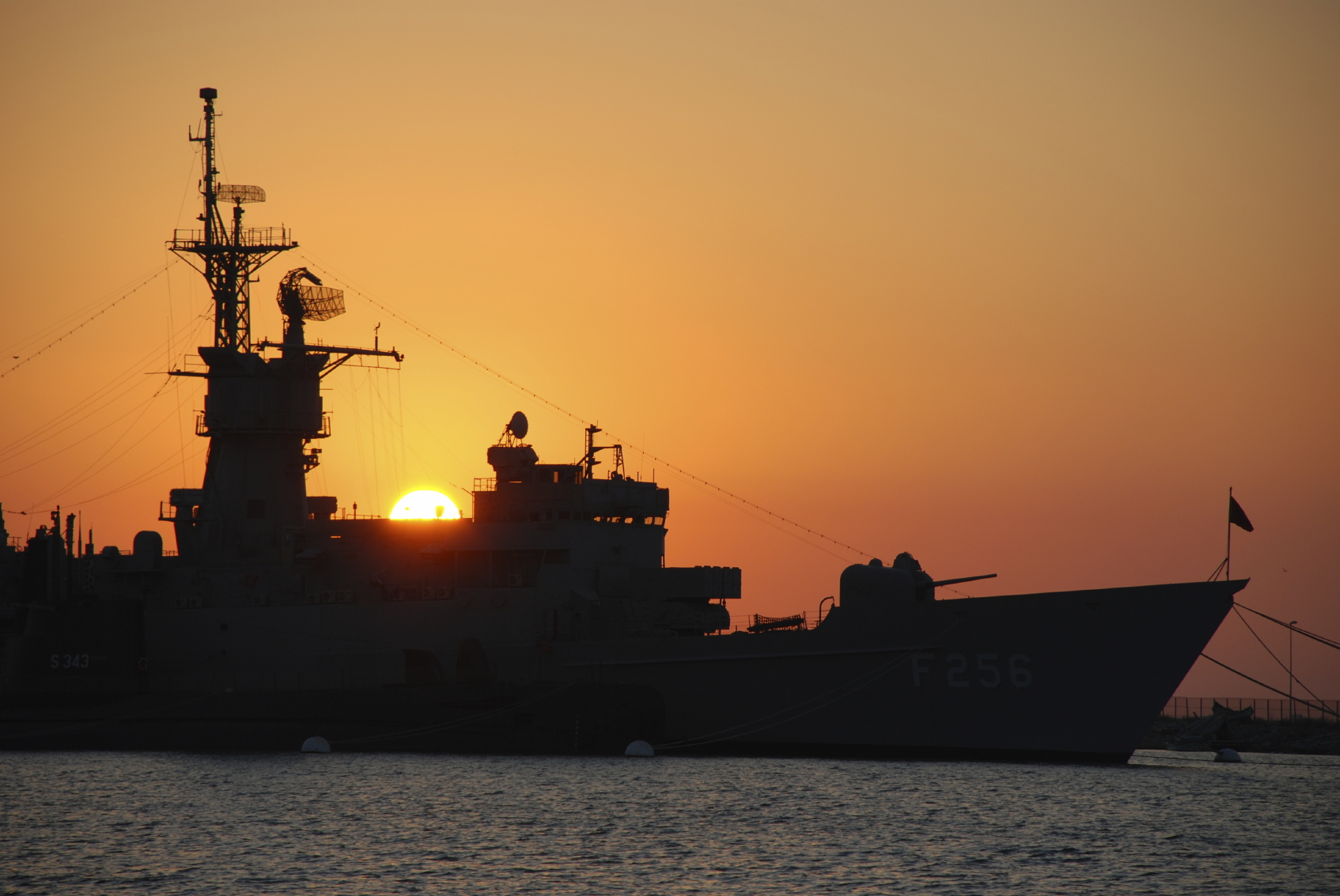Britain’s first privately run navy for 220 years ‘Typhon’ has launched its convoy escort service offering a naval-grade service to the commercial market.
The service will enable ship operators to transit the Gulf of Aden, Arabian Sea and Indian Ocean in unprecedented safety while saving time and money.
Piracy is spreading rapidly from its Somalian roots across the Indian Ocean as far as the Gulf of Guinea, Bangladesh and Indonesia. Maritime criminals are becoming more audacious, more violent, better equipped and more adept. The wind-down of the European Union Naval Force (EUNAFOR) naval presence in the Gulf of Aden in 2014 is likely to coincide with a major escalation in piracy in the Indian Ocean. In this area piracy still remains a serious threat to some of the world’s busiest shipping routes. At present 147 hostages are being held by pirates in Somalia.
To date the only effective commercially available counter-measure has been provided by ride-on guards otherwise known as VPDs (Vessel Protection Detachments or Details). This protection model provides a quantity of armed personnel to live aboard the client ship for the duration of the transit. However the client vessels have to detour for their embarkation and disembarkation often at significant cost. The range of protection from pirates is narro w: 400m from the ‘target’ ship.
w: 400m from the ‘target’ ship.
Typhon’s Integrated Protection Model starts by detecting any threats of piracy at long range – this is done onshore in Typhon's Operations Centre in the UAE. It enables Typhon to conduct their transit safely through the network of pirate action groups – and advising clients of necessary course adjustments to avoid known trouble hot-spots.
The convoys will travel in a protected 'envelope' which make it extremely difficult for the pirates to enter the 'Protection Zone' to launch an attack. Typhon's policy is always to seek to diffuse and de-escalate any violence.
Anthony Sharp, CEO of Typhon, said, “Our mantra is to combat the problem of maritime crime and piracy using methods that are both effective and proportionate to the threat. With millions paid out in ransoms to pirates and much more money lost by businesses in fuel costs avoiding pirates, it is important that businesses are granted a safer passage with their cargo through dangerous waters. The benefits to business will be substantial.”